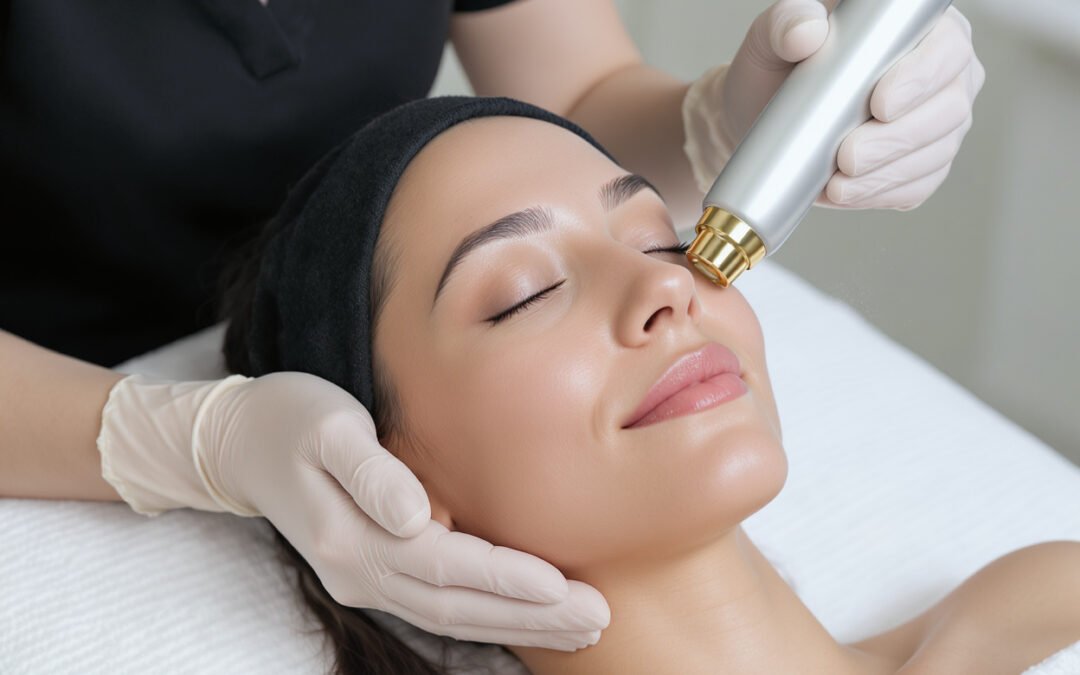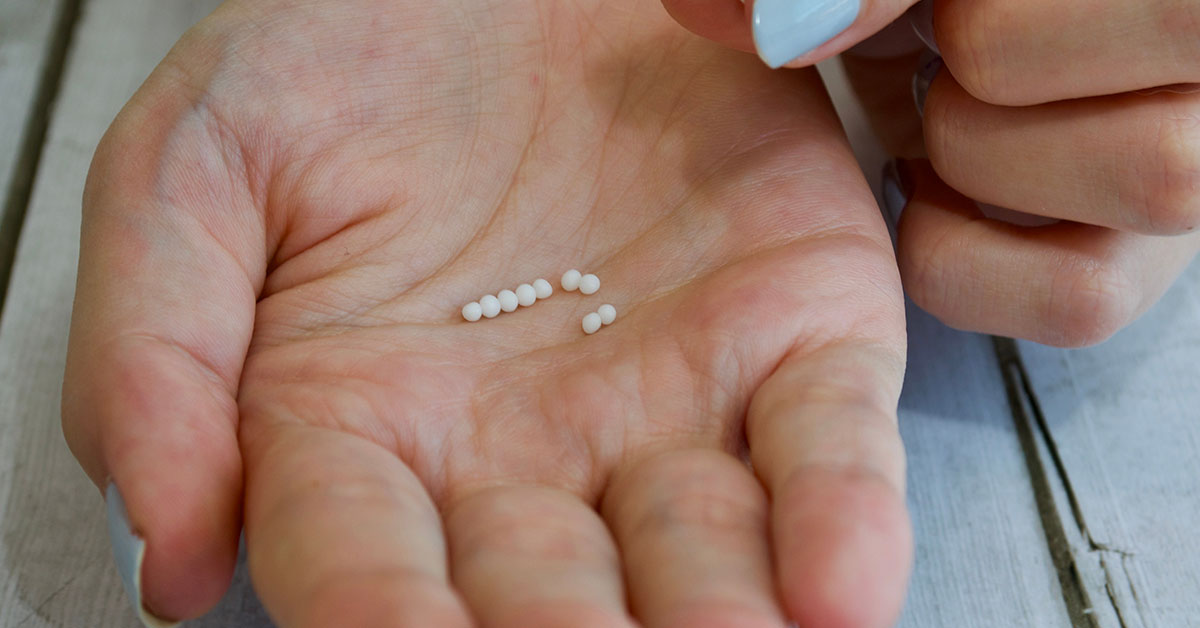
Is Low Testosterone Holding You Back? Understanding trt
TABLE OF CONTENTS
In a world where health and vitality are often perceived as the ultimate indicators of personal success, many men find themselves grappling with an invisible hurdle: low testosterone. This condition, which affects millions, is more than just a buzzword; it can significantly impact one’s quality of life, mental well-being, and physical performance. Understanding why low testosterone occurs and the importance of testing can be a crucial step toward reclaiming your vitality.
What is Testosterone?
Testosterone is a hormone primarily produced in the testicles in men and the ovaries in women, though at much lower levels. It plays a vital role in a wide array of bodily functions, including:
- Regulating libido: Testosterone drives sexual desire and plays a key role in erectile function.
- Muscle mass and strength: It promotes muscle growth and decreases fat mass.
- Bone density: Testosterone aids in maintaining bone density, reducing the risk of osteoporosis.
- Red blood cell production: It contributes to the production of red blood cells, which transport oxygen throughout the body.
- Mood regulation: Testosterone influences mood and cognitive function, with low levels linked to depression and anxiety.
The Causes of Low Testosterone
Several factors can contribute to low testosterone levels, including:
- Aging: Testosterone levels naturally decline with age, particularly after 30.
- Medical conditions: Conditions like obesity, diabetes, and hormonal disorders can impact testosterone production.
- Lifestyle factors: Poor diet, lack of exercise, substance abuse (such as alcohol and drugs), and chronic stress can negatively affect hormone levels.
- Genetics: Certain inherited traits can predispose individuals to lower testosterone levels.
- Medications: Some prescribed drugs, particularly opioids and certain antidepressants, can interfere with testosterone production.
Symptoms of Low Testosterone
Men experiencing low testosterone may notice a variety of symptoms, which can vary in severity:
- Fatigue and low energy: Persistent tiredness not relieved by sleep can signal hormonal imbalances.
- Reduced libido: A noticeable decline in sexual interest or activity is often one of the first signs.
- Difficulty concentrating: Cognitive fog, lack of focus, or memory issues may arise.
- Mood changes: Increased feelings of irritability, anxiety, or depression could indicate low testosterone.
- Decreased muscle mass and strength: A noticeable decline in physical prowess can be disheartening.
- Weight gain: Particularly around the abdomen, low testosterone can lead to increased fat accumulation.
The Importance of Testing
Given the profound effects that testosterone has on physical and emotional health, proper testing is crucial for those suspecting they may have low levels. Testing typically involves a simple blood draw to measure testosterone levels, usually done in the morning when testosterone levels are at their peak.
Why You Should Get Tested
- Identify Underlying Issues: Low testosterone can be symptomatic of broader health problems. Testing can help identify coexisting conditions, allowing for comprehensive treatment.
- Identify Underlying Issues: Low testosterone can be symptomatic of broader health problems. Testing can help identify coexisting conditions, allowing for comprehensive treatment.
- Targeted Treatment Options: If low testosterone is confirmed, healthcare providers can recommend strategies tailored to individual needs, such as lifestyle changes or hormone replacement therapy (HRT).
- Targeted Treatment Options: If low testosterone is confirmed, healthcare providers can recommend strategies tailored to individual needs, such as lifestyle changes or hormone replacement therapy (HRT).
- Mental Health Consideration: Understanding that low testosterone could be a contributing factor to mood disorders can prompt a more holistic approach to mental health care.
- Mental Health Consideration: Understanding that low testosterone could be a contributing factor to mood disorders can prompt a more holistic approach to mental health care.
- Empowerment through Knowledge: Testing provides clarity in a health scenario often clouded by misconceptions. Being informed enables better decision-making regarding personal health.
- Empowerment through Knowledge: Testing provides clarity in a health scenario often clouded by misconceptions. Being informed enables better decision-making regarding personal health.
- Long-term Health Strategy: Regular testing can help track hormone levels over time, providing insights into how lifestyle changes and treatments are working.
Conclusion
Low testosterone can be a significant barrier to living an energetic and fulfilling life. By identifying whether low hormone levels are holding you back through proper testing, individuals can take proactive steps toward restoring balance. Remember, acknowledging potential issues with testosterone is not a sign of weakness, but rather an important step in advocating for your health. If you suspect low testosterone might be affecting you, consider discussing testing options with your healthcare provider. With the right knowledge and tools, reclaiming your vitality is entirely within reach.
Testosterone testing is a crucial aspect of evaluating hormonal health in both men and women. Testosterone, a steroid hormone primarily produced in the testes in men and in the ovaries and adrenal glands in women, plays a significant role in various bodily functions, including libido, bone density, muscle mass, and mood regulation. When testosterone levels fall outside of the normal range, it can lead to a myriad of symptoms and health concerns, such as fatigue, depression, decreased libido, and loss of muscle mass. Consequently, testosterone testing has become an essential tool for healthcare providers in diagnosing hormonal imbalances, identifying potential underlying conditions, and determining appropriate treatments.
There are several methods for testosterone testing, with blood tests being the most common. These tests measure the total testosterone level in the bloodstream, which includes both free and bound testosterone. Free testosterone is the portion that is not attached to proteins and is bioavailable for use by the body. In certain cases, healthcare providers may also order additional tests, such as measuring the levels of sex hormone-binding globulin (SHBG) or calculating the free testosterone index, to gain a more comprehensive understanding of an individual’s hormonal status. Saliva and urine tests are alternative options but are less commonly used in clinical practice due to their variability and lack of standardized protocols.
When interpreting testosterone test results, it is essential to consider factors such as age, sex, and overall health. Testosterone levels naturally fluctuate throughout the day, often peaking in the morning hours and declining throughout the day. As such, healthcare providers typically recommend that blood samples be taken in the early morning for more accurate results. Furthermore, testosterone levels can vary significantly between individuals, and reference ranges may differ depending on the laboratory and the specific population being tested. Understanding these nuances is critical for making informed clinical decisions and avoiding unnecessary interventions.
Low testosterone, also known as hypogonadism, is a condition that can significantly impact a person’s quality of life. In men, low testosterone levels can be associated with symptoms such as decreased libido, erectile dysfunction, fatigue, and mood changes. In women, low testosterone can lead to similar issues, including diminished sexual desire, fatigue, and even osteoporosis in older age. Identifying low testosterone through testing allows clinicians to explore potential underlying causes, such as obesity, diabetes, or pituitary disorders, and develop targeted treatment plans to address both symptoms and root causes.
On the other hand, elevated testosterone levels can also pose health risks, particularly in women. Conditions such as polycystic ovary syndrome (PCOS) can result in excessively high testosterone levels, leading to symptoms like irregular menstrual cycles, excessive hair growth (hirsutism), and acne. Elevated testosterone can also contribute to aggression and mood disorders in both men and women. Recognizing the implications of elevated testosterone through testing ensures that individuals receive appropriate evaluation and management to mitigate potential health consequences.
It is important to note that testosterone replacement therapy (TRT) has become a common treatment for those diagnosed with low testosterone levels. While TRT can effectively alleviate symptoms and improve quality of life, it is not without risks. Side effects such as acne, sleep apnea, and an increased risk of cardiovascular events have been associated with hormonal therapy. Regular monitoring through follow-up testosterone testing is necessary to assess treatment efficacy and adjust dosage as needed, ensuring that patients remain within their optimal testosterone range.
Lastly, the conversation around testosterone testing and treatment continues to evolve, influenced by ongoing research and societal perceptions of masculinity and health. As awareness of hormonal health grows, more individuals are seeking evaluation for symptoms they may have previously considered inconsequential. This increased demand for testosterone testing highlights the importance of healthcare providers delivering education on hormonal health, the potential effects of imbalances, and informed discussions regarding testing and treatment options. In doing so, they can empower patients to make informed decisions about their health and well-being.






